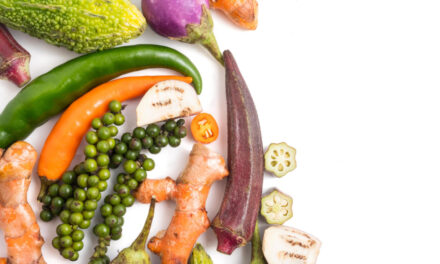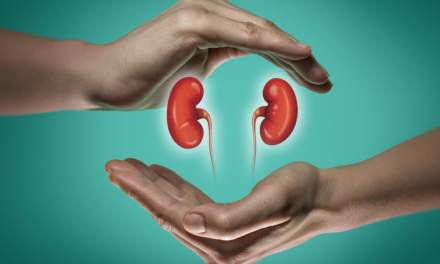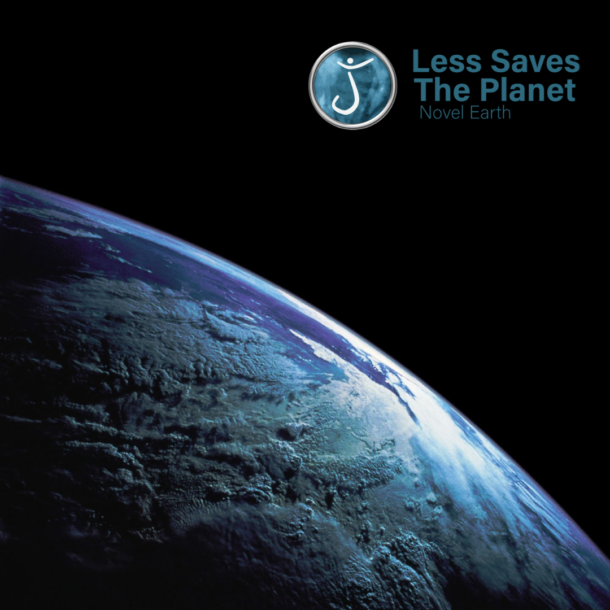
130g of meat to save the planet
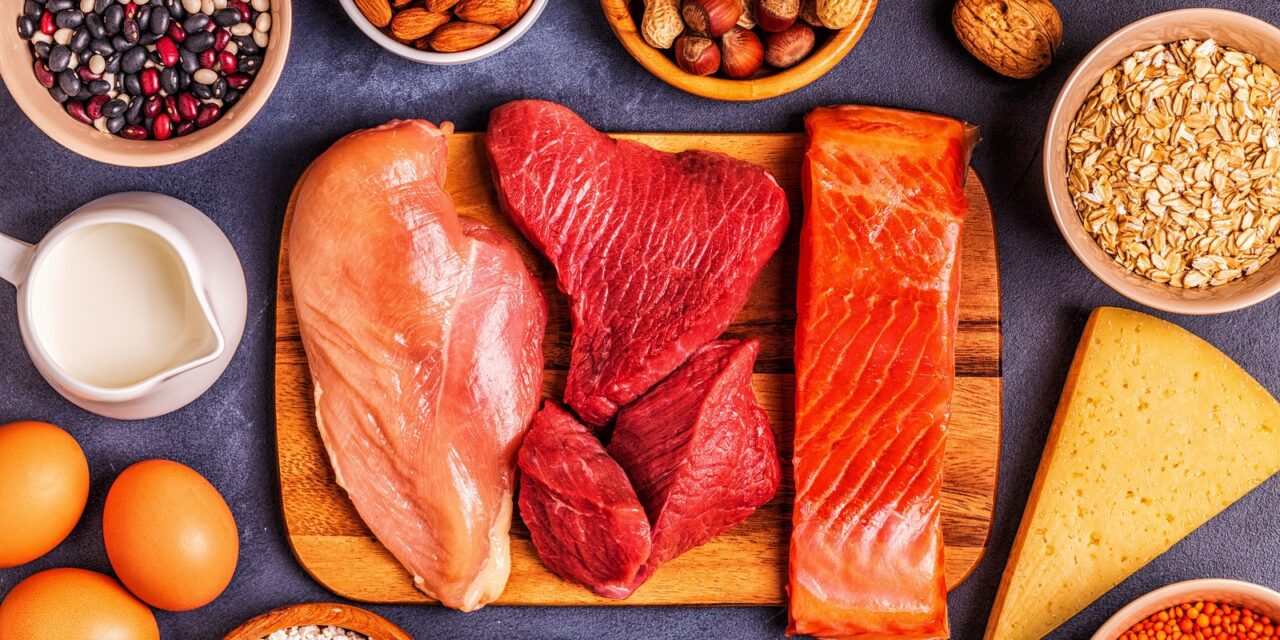
What if we told you that reducing your meat consumption could save the planet?
Indeed, we think that limiting protein intake to 130g per person per day has many benefits for the planet and even for our bodies. We currently consume an average of 200 to 220g of meat per day.
However, the livestock industry accentuates deforestation and the greenhouse effect, being responsible for 18% of human greenhouse gas emissions.
If this observation can be chilling, we maintain that it is still possible to moderate the impact on the planet by controlling its consumption of meat.
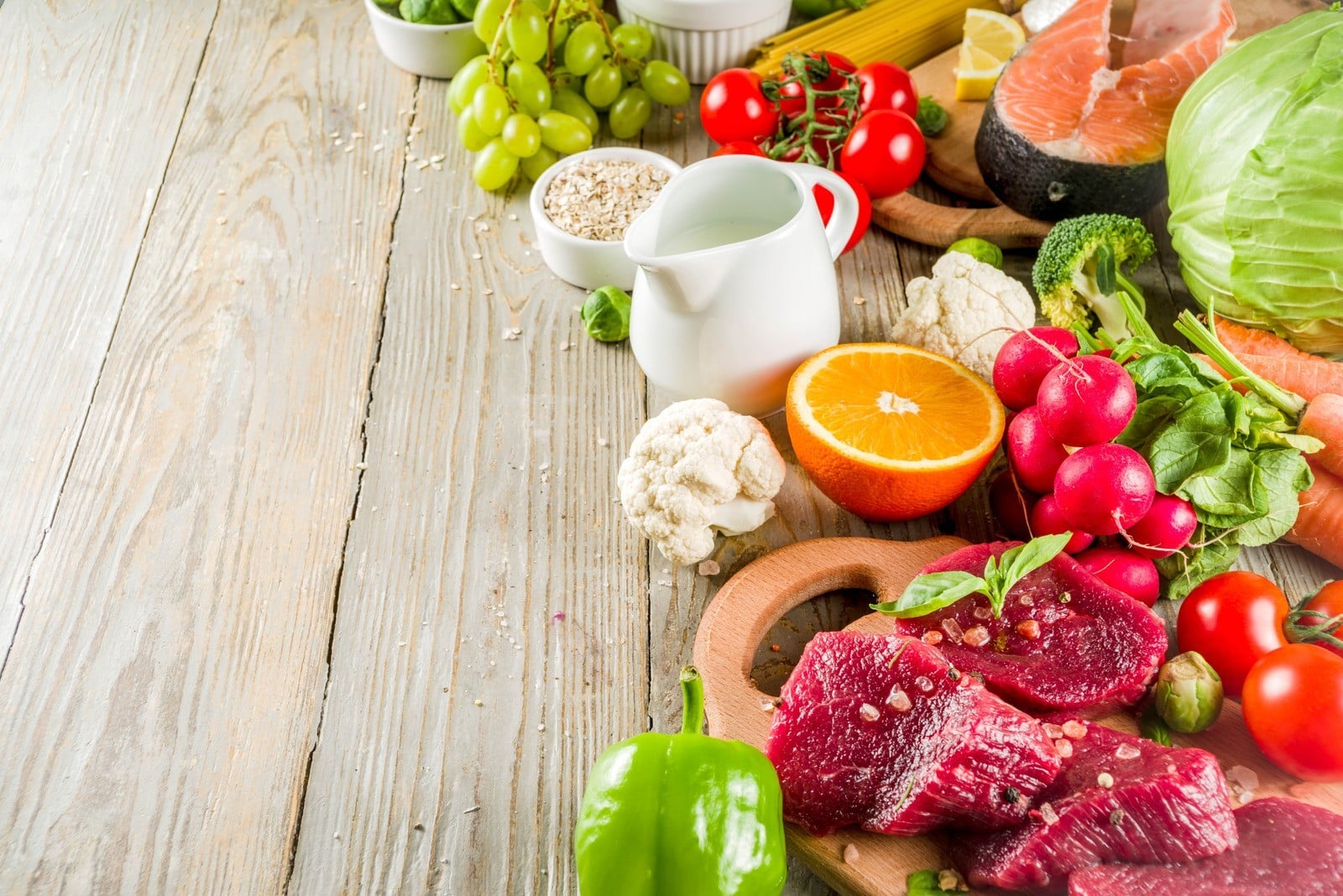
130g of meat: the amount not to exceed
Meat production represents a significant proportion of greenhouse gas emissions and agricultural land. According to our calculations, the 130g of meat would allow to save nearly :
- 1,818 kg of greenhouse gas emissions per consumer ;
- 1,385.37 liters of water;
- 3.69 kg of vegetation;
- 22.61 m2 of farmland and livestock.
And all this on a single plate! So the more we reduce our meat consumption, the greater the positive impact on the planet.
Benefits for our health
Reducing our meat consumption is also good for our bodies. First of all, reducing the amount of meat we eat allows us to take our time with our meals. This favors digestion and allows us to feel fuller more quickly.
It is recommended on a larger scale to eat meat only once a day and preferably at lunch. Also try to limit meat to 500 grams per week if possible. It is important to know that since 2015, red meat is classified as “probably carcinogenic”. Indeed, it can cause colon cancer as explained by Nathalie Négro, dietician: “The excess of bile acids produced to digest the fats contained in red meat can irritate the colon. To calm the inflammation, our body produces new cells. If cancer cells were already present in these cells, they will multiply more easily.
So what are we left to eat if we reduce the amount of meat on our plates? Well, eating more plant-based foods guarantees a high intake of fiber, vitamins and nutrients that are beneficial to our bodies. On the other hand, it ensures a lower calorie intake. As far as meat is concerned, don’t hesitate to eat dishes with sauce, as this helps to reduce the consumption of meat.
Everyone is free to choose the diet that suits them, so we do not think it is necessary to exclude meat from your diet. By eating less meat, you will reduce your risk of obesity and cardiovascular disease while benefiting from animal proteins.
Flexitarianism: an effective way of eating
The so-called “flexitarian” diet consists of limiting your consumption of animal products and orienting it towards organic or eco-responsible products. By eating occasionally, you can choose quality meat, produced with respect for both animals and the environment. Animals raised with consideration give better meat because they are often fed without antibiotics or toxic substances and because of their low stress level.
Proteins of animal origin, compared to those found in most plants, have the advantage of being complete. In other words, they provide all the amino acids necessary for our body.
This is why, without too many constraints, the flexitarian diet could be considered to preserve the planet.
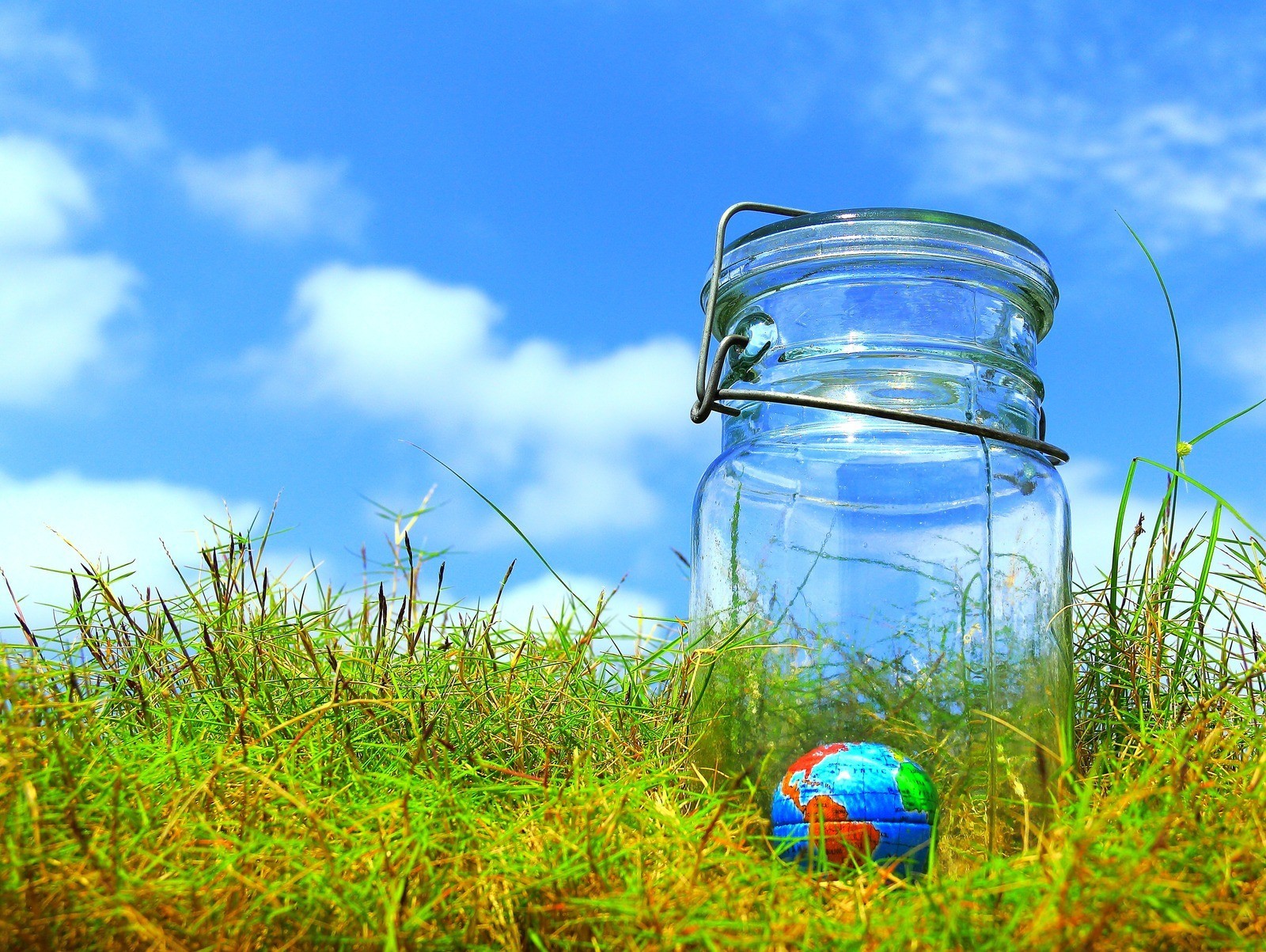
To find all our news, find us on Instagram and on our Twitter account.
We post daily on our social networks so you can be up to date every day. You can also share our content on your own networks from the options displayed at the bottom of the page!
See the article on the 10 anti-stress and good for the planet foods.
See you soon for our next article!






